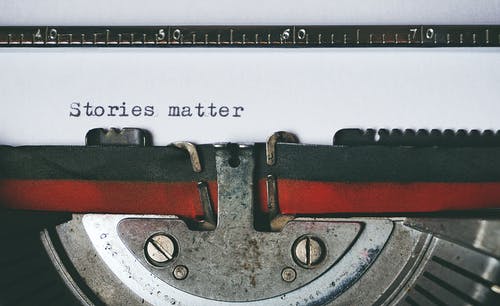Can I Edit My Own Book?
Many writers wonder if they can edit their own books. After all, if you are competent enough to write a several hundred-page book, you should be able to edit it yourself, right? On a side note, if you want to edit your book, and you don’t want to hire somebody, something to look into is a tool called AutoCrit.
That aside, editing your own book is doable, but if you don’t follow some strict rules, the results won’t be as good as if you hired a professional editor. Today, we want to go over the issues that writers face when editing their own work and essential tips to follow so you can be a successful self-editing writer.
The Issues with Editing Your Own Work
The main issue with self-editing is that you may not see those glaring inconsistencies, huge jumps, and other errors with your writing. Simply put, when you read your own work, you know what you are talking about because the ideas come from you.
No matter how confusing the writing is, because it’s your own work, you won’t notice. You have the ideas in your head, so they make sense to you. However, when that same writing is read by a reader, they may not know where you are coming from, and it could be confusing.
There is also the fact that writers are a proud bunch, and if you edit your own work, you may not be able to admit that there are some significant flaws with it. Being 100% objective with your own work is not easy. This is an issue that a paid editor doesn’t have to deal with.
Moreover, editing and writing are two fundamentally different things. You may be a stellar writer, but that does not make you a great editor. Finally, if you edit your own work, you probably won’t be nearly as thorough with your analysis and critique as a paid professional editor. After all, ‘I wrote it, so why wouldn’t it be good?’
These are just some of the issues that you will face when attempting to self-edit. That said, there are tips that you can follow to be more objective and successful when editing your own work.
Tips for Editing Your Own Book
Let’s look at some fundamental rules you should adhere to if you are set on editing your own book. Above all, remember that objectivity is critical.
Create Some Distance
If you edit a book right after you finish writing it, all those ideas are still in your head, so everything makes perfect sense to you. A good idea is to put the book away for a couple of months, then take it back out and read through it. If you take a break, you will notice errors and inconsistencies much better once you get back to it. You may have quite a few of those ‘what was I thinking?’ or ‘what was I even trying to say?’ kind of moments.
Read it Aloud
Things often make sense in your head, but not so much when they are spoken aloud. A great way to judge your writing’s coherency and quality is to read it out loud to yourself.
You can also try reading it to a friend. Things often sound much better in your head than when you actually read it. In essence, you need to put yourself into the mind of the reader. Would this make sense to the people reading it?
Start With the Big Picture
Although you probably did a storyboard before you started writing, it’s a good idea to do another one when you are done. Read through your book and write down all of the main points and plot events as they occur in order. Take a look at the main points and events as they appear on your storyboard.
Do they make sense? Do they flow together? Are they connected? Does everything lead to a final result or finish coherently? Everything should flow neatly from one point to the next.
You can then take a more micro approach after ensuring that the story’s main arc makes sense. Take a look at individual scenes or chapters. Do they add value to the writing, or are you just filling space?
Do Some Copy Editing
Nobody wants to read a book full of errors, by which we mean punctuation, spelling, and grammar. Very thoroughly read through your work to ensure that it is free of any and all errors.
Accuracy
If you are writing anything related to academia, go back to double-check that all of your facts are correct. Use references, citations to studies, and historical texts that prove what you are saying is true. Of course, this does not apply to a work of fiction.
Get a Proofreader
Proofreading and editing are not the same things. A proofreader looks for any errors and inconsistencies that were missed throughout the editing process. You really don’t want to publish a book without having at least one other person go over it. You will always miss things, whether substantial plot holes in the story or simple punctuation errors.
Conclusion
Quite honestly, if you are careful, consistent, and objective, you might be able to pull this off. Still, in all reality, people cannot be 100 percent objective when evaluating their own work.
At the very least, we would recommend hiring an editor for some ‘big picture’ editing, and you can use grammar checking software to make sure that there are no basic errors.
However, doing your own writing, editing, and proofreading without having another person look at your work before publishing is not recommended.
